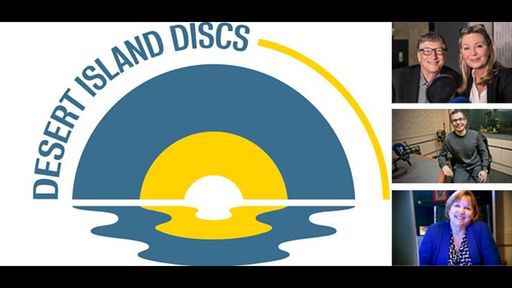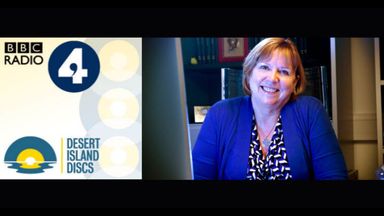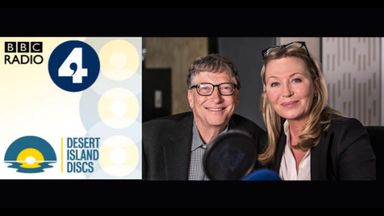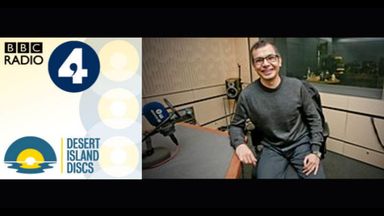Desert Island Discs
Computing-specific guest editions from the Desert Island Discs archive.

Desert Island Discs
Dame Wendy Hall
First broadcast: 1st August 2014
Duration 31:14
Fellow of both the Royal Academy of Engineering and the Royal Society, Dame Wendy fought long and hard to prove that her type of web science was highly significant and here to stay. If algebraic topology and open hypermedia systems really aren't your thing, Dame Wendy is also in demand as a brilliant communicator on, what can seem to outsiders to be, impenetrable topics. Her parents were from humble beginnings and it was clear from the get-go that their first born had a budding flair for numbers: aged six she was charged with teaching a group of schoolmates maths. The first in her family to go to University she rejected Cambridge, judging it "too stuffy". She says, "I get too excited about stuff. I love my life and am passionate about web science, women in science and shopping". Producer CATHY DRYSDALE
Bill Gates
First broadcast: 31st January 2016
Duration 35:17
Kirsty Young interviews entrepreneur and philanthropist Bill Gates.
Demis Hassabis
First broadcast: 21st May 2017
Duration 36:00
Kirsty Young's castaway is Dr Demis Hassabis. An artificial intelligence researcher and co-founder and CEO of DeepMind, he is also a neuroscientist, a computer games designer, an entrepreneur, and in his youth, a world-class chess player. After taking his A Levels two years early, before going to university he worked on one of the most successful computer games of the 1990s, Theme Park. He graduated from Cambridge with a double first, and returned to the computer games industry, founding his own company in his early twenties. His passion had long been artificial intelligence and he says everything he's done has been part of a long-term plan to "solve intelligence" and then use intelligence "to solve everything else". He gained a PhD in Cognitive Neuroscience where he deliberately chose to study topics where AI had failed so far: memory and imagination. After stints at MIT and Harvard, he co-founded his company in 2010, which was then acquired by Google in January 2014. In March 2016 their computer programme, AlphaGo, beat a world champion Go player at the game having taught itself how to play through a combination of two techniques - deep learning and reinforcement learning.


